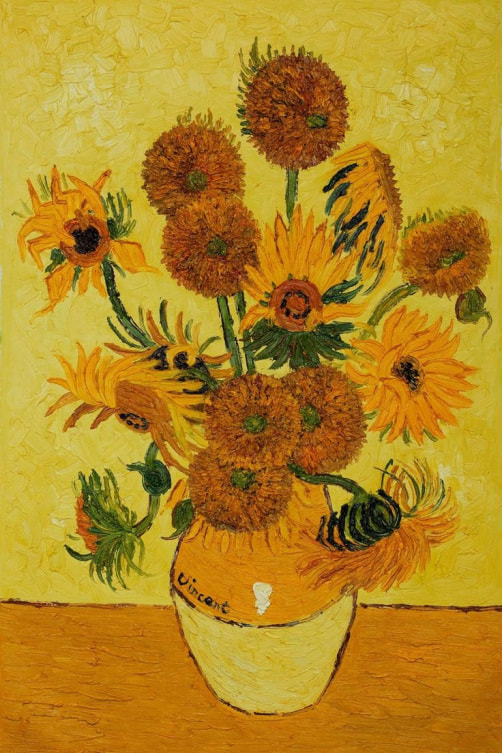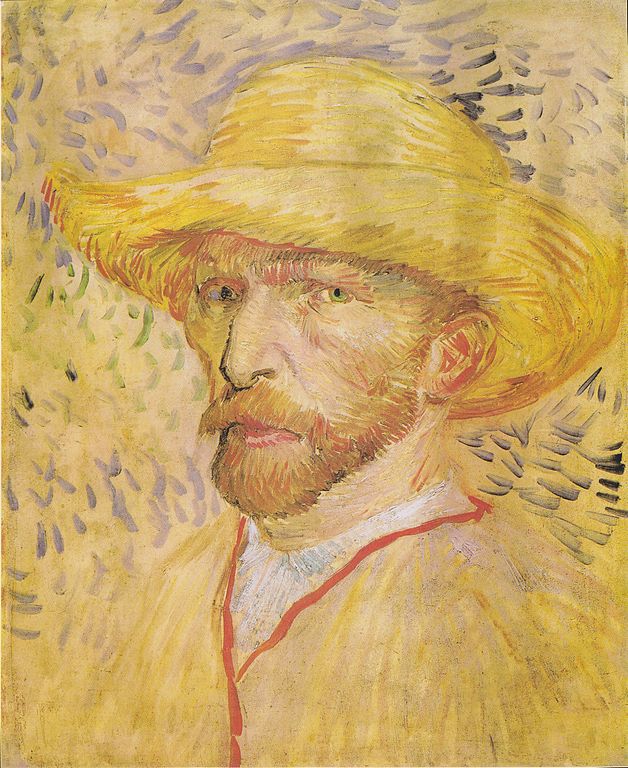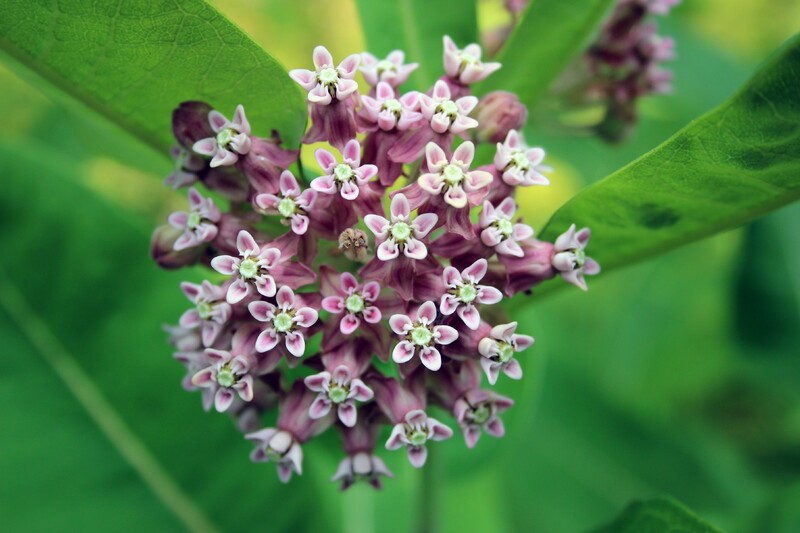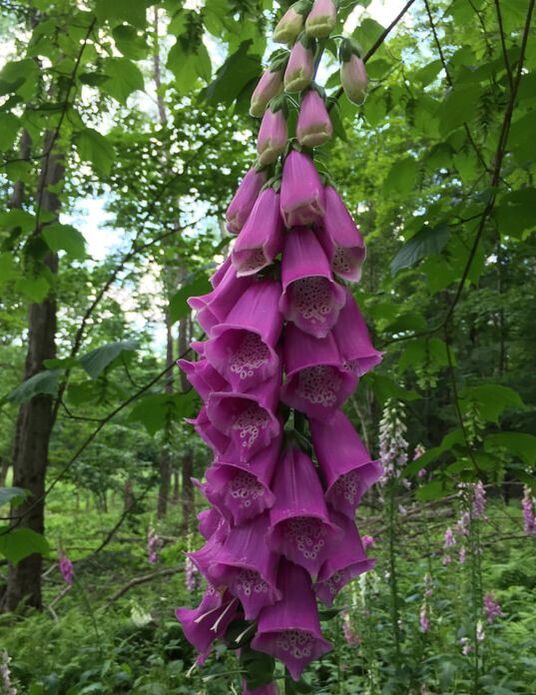Foxglove
 Leonhard Fuchs
Leonhard Fuchs Our foxgloves - the common foxglove, with the Latin name Digitalis purpurea, is commonly found in open woods, but also where the vegetation has been burnt. If the genus name Digitalis seems to jump out at you, it is probably because that is the name of a popular family of heart medications for people. If it is so toxic, why would we be giving its derivatives to people with heart problems? That’s a very fair question.
 William Withering
William Withering Leonard Fuchs discovered the plant in the 16th century, but it was forgotten due to the severe toxicity and the deaths of some patients. But then in 1741 it was rediscovered by William Withering. He went to medical school in Edinburgh, where he became interested in botany, chemistry and mineralogy. After medical school he became a country doctor in Stafford, a small and very poor town in England. One of his patients was an old woman dying of dropsy (now known as edema or water retention). He expected her to die quickly, but she recovered. She had taken a mixture of herbs. Dr. Withering realized that the main herb was the flowering foxglove.
Since the discovery, digitalis has been debated whether the toxicity outweighs the benefits. Interestingly, doctors still use digoxin when treating congestive heart failure, in spite of the modern know how of the pharma industry. The compounds are extracted from the leaves of the plant.
Foxgloves were always used by folklorists. Once the usefulness of digitalis was understood, it was also used for the treatment of epilepsy and other seizure disorders.
The entire plant is toxic, including the roots and seeds. Mortality cases are rare, but they exist. If one uses the foxglove for tea or eats them, nausea, vomiting, hallucinations will occur. It is said that Vincent van Gogh’s “Yellow Period” was the result of digitalis therapy, which he went through to control his seizures.
Let me end with a poem about foxgloves, written in Dr. Withering’s time (unknown author):
“The Foxgloves leaves with caution given
Another proof of favouring heaven
Will happily display
The rapid pulse it can abate
The hectic flush can moderate
And, blest by Him whose will is fate,
May give a lengthen’d day.”








 RSS Feed
RSS Feed